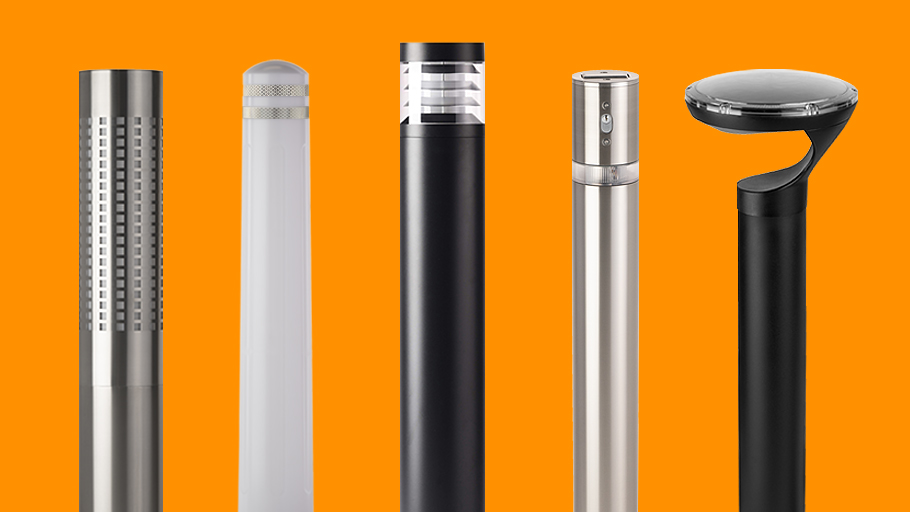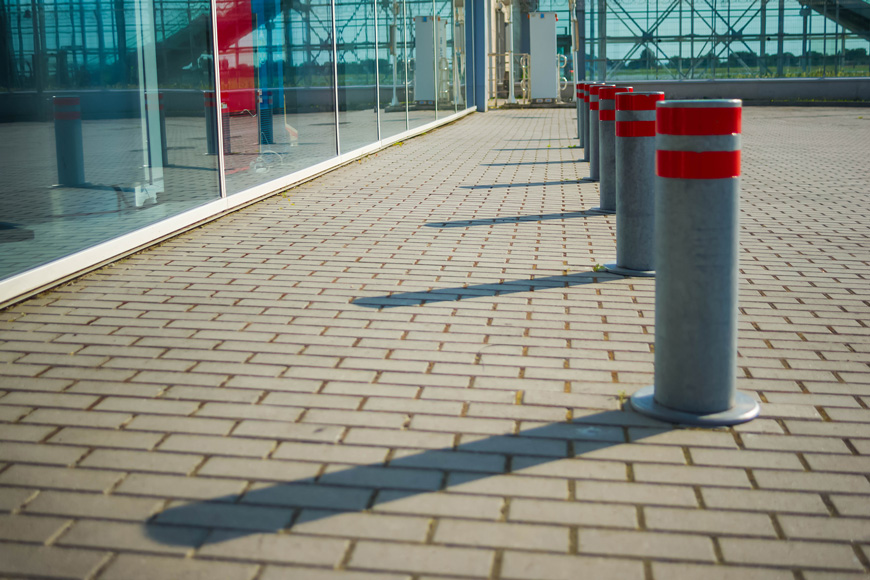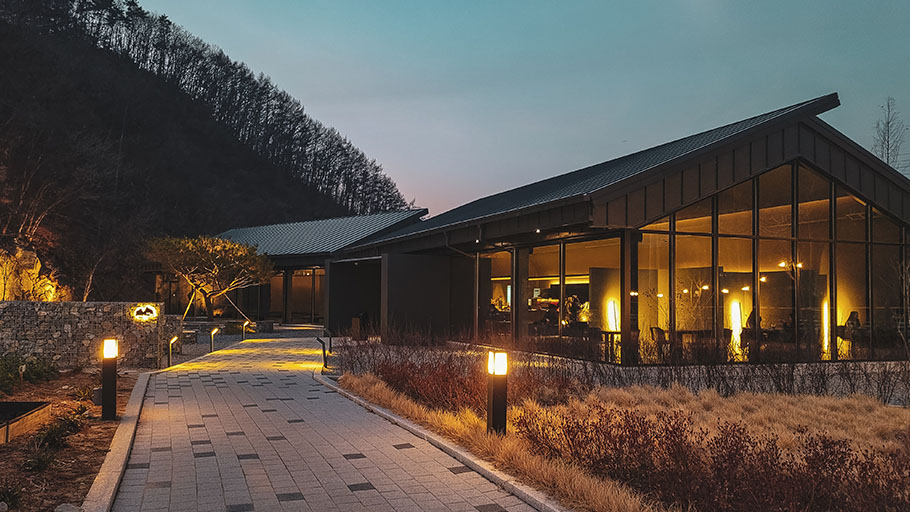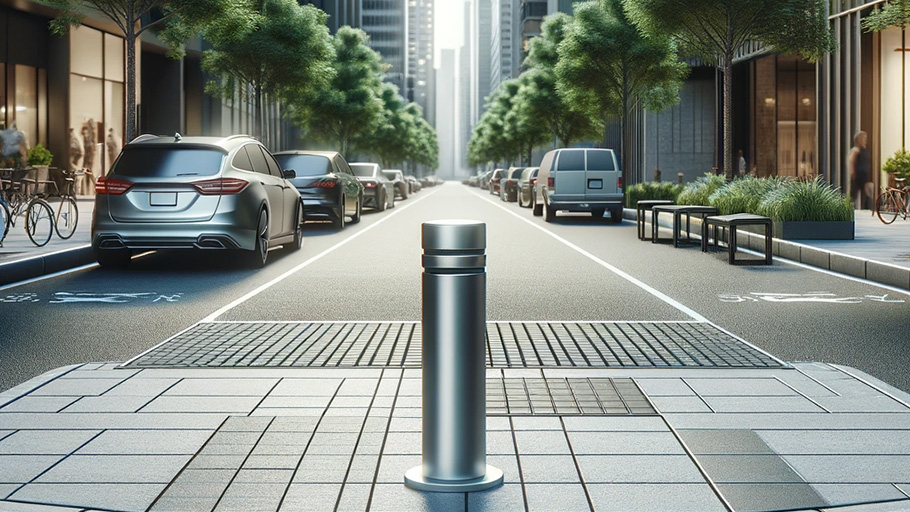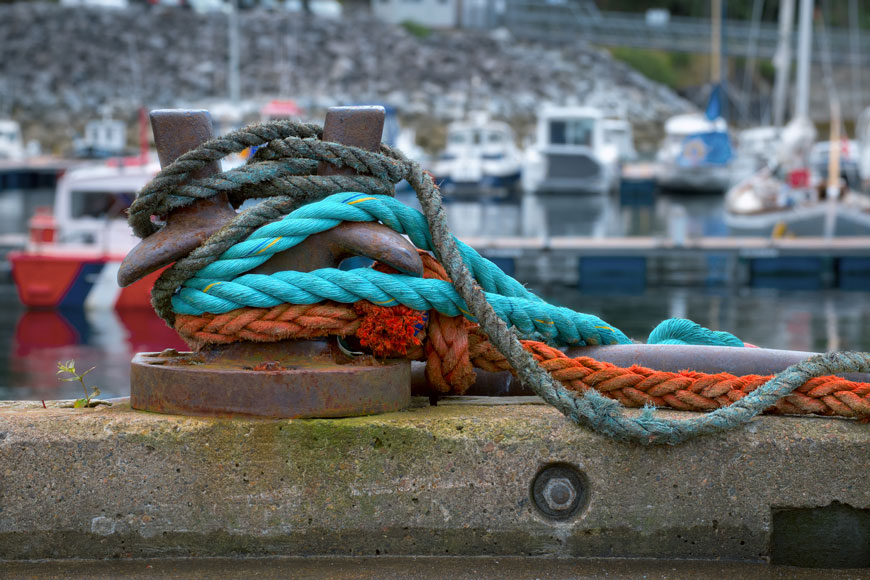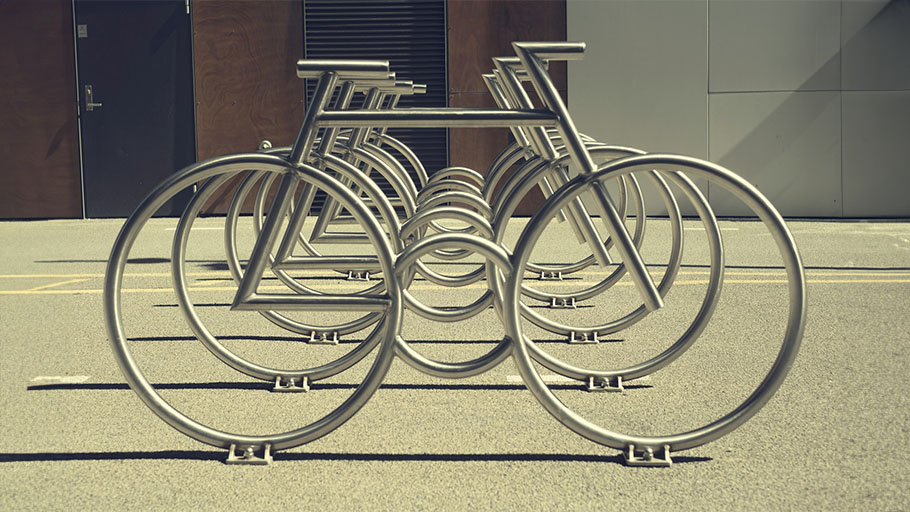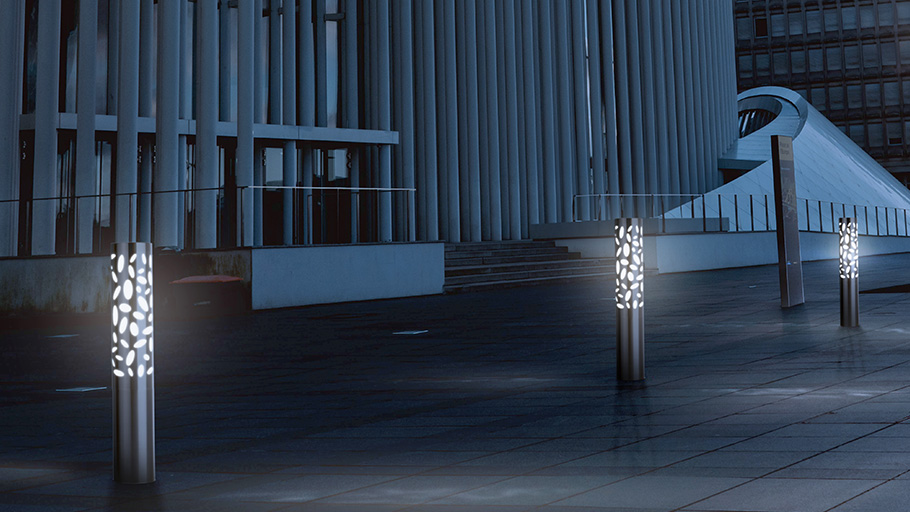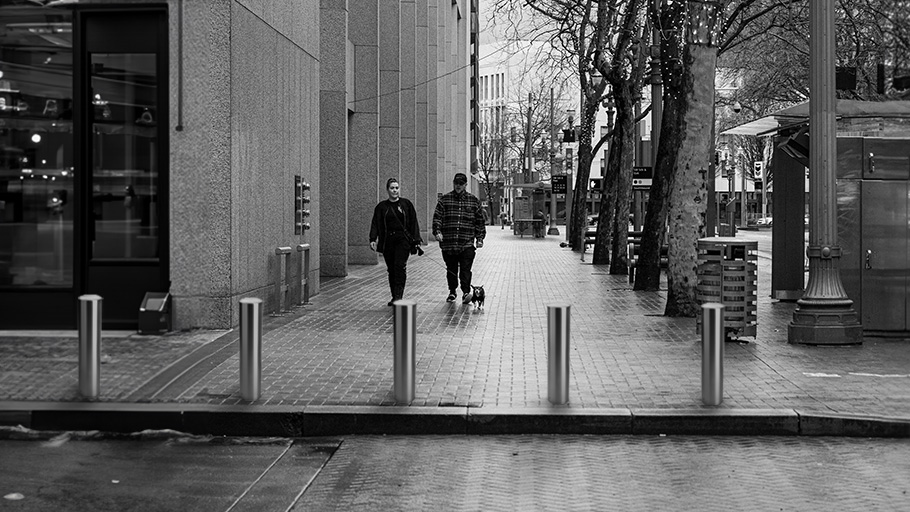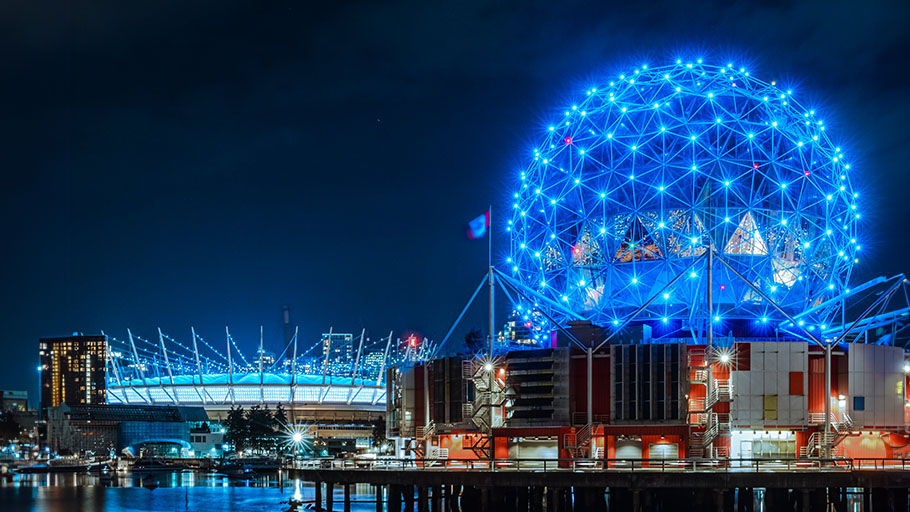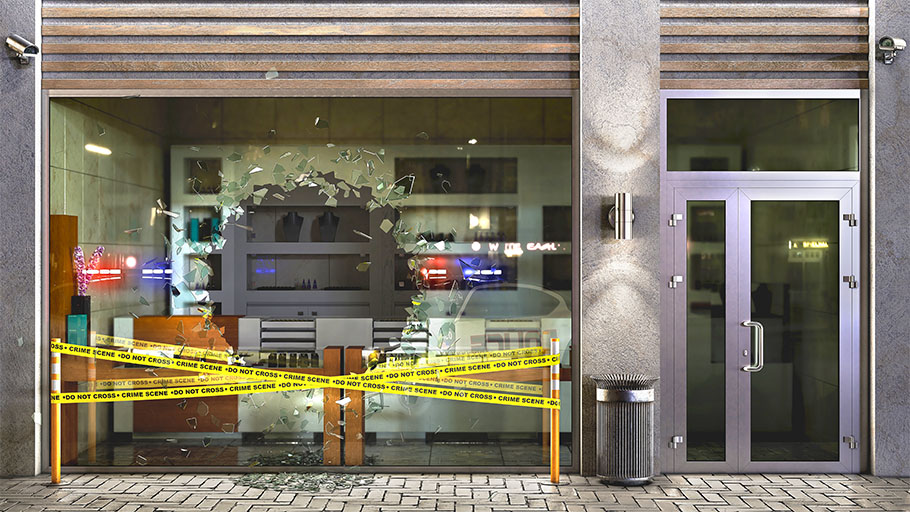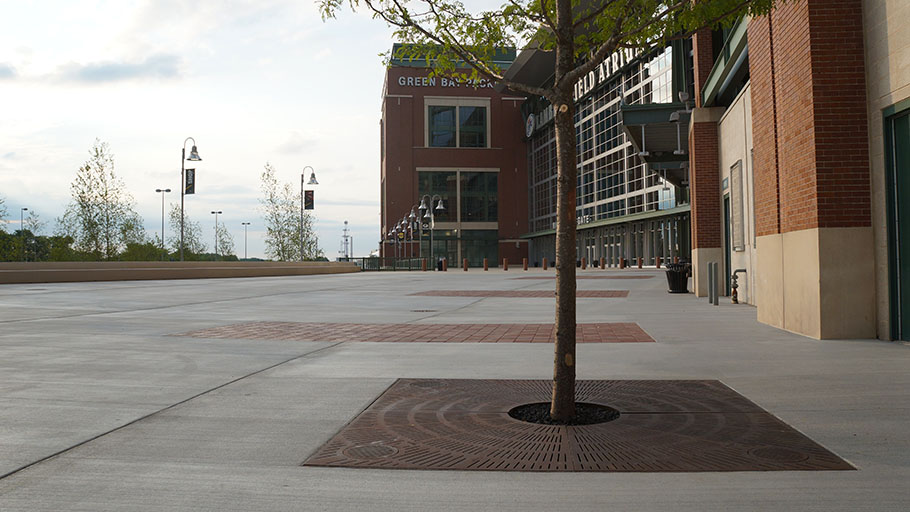Our New Digital Division
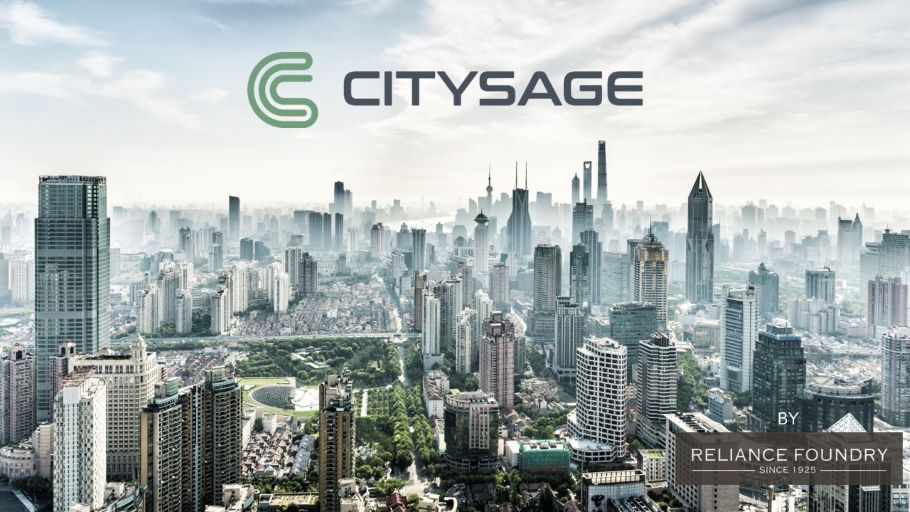
Working with urban planners, architects, and facilities managers has given us a close-up view of what these groups are managing: traffic, waste, labor, and fuel.
Our company heard these frustrations and started putting our minds to the problem. In response, we’ve been working on a new line of smart-city solutions—some of which can fit into bollards, and some which can be deployed on other site infrastructure. We’ve created a whole new division to support this exciting work. It did not take long until our first pilot projects began rolling out: we’re working with the City of Burnaby, who brought us interesting challenges looking for solutions.
We’re pleased to introduce Citysage, our smart cities division!
Our suite of intelligent Citysage solutions watch, analyze, and report from remote locations so that organizations can manage sites effectively. For Burnaby, we are currently watching levels of waste, water, and noise. Some of these reports, like those on tide water levels, can be combined and validated against external data sources to create forecast models. When alert conditions are reached, our smart systems can give organizations a timely heads up by sending email and/or phone alerts.
We’re also working on products to analyze the flow of people or vehicle traffic. These analyses can be location specific, customized to the client’s needs, with alert functions that make sense for that site.
Find out more about what Citysage has to offer.

